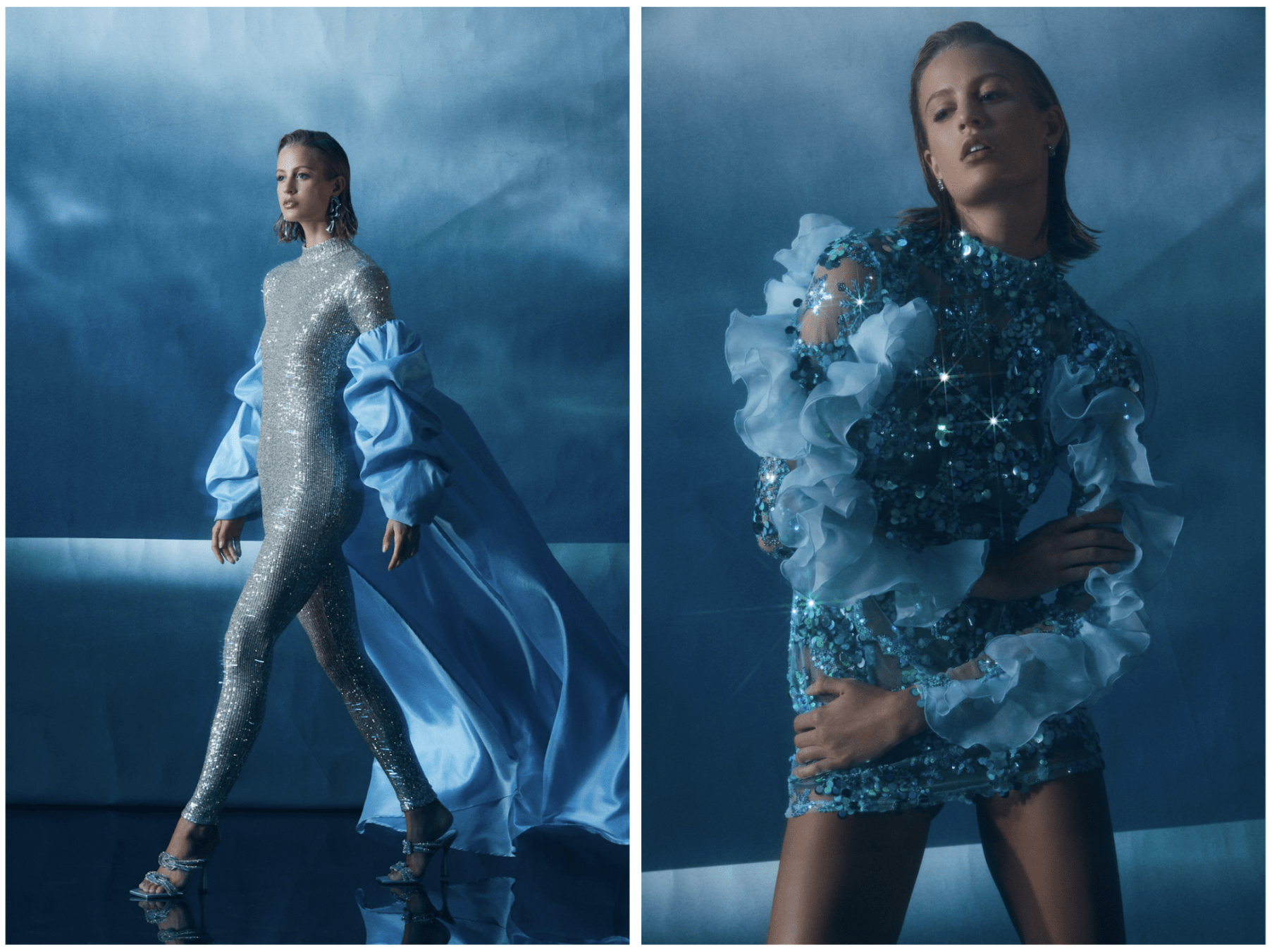
Artificial Intelligence and the Future of Fashion

Photo Credit: Getty Images
Artificial intelligence, more commonly known as AI, has been creeping into almost every aspect of the world. From ChatGPT to the fashion industry, we can expect this new technology to be an integral part of life going forward.
AI can mean really exciting things for the future of fashion. Revolve, a popular clothing brand, and Maison Meta, an AI creative industry, recently collaborated to show just how useful AI can be for fashion.

Photo Credit: Revolve
According to CNN, the companies hosted a competition during the first-ever Ai Fashion Week in which designers submitted collections created using AI technology. The top three designers who submitted collections would have their designs manufactured and sold by Revolve.
“Through AI, we’re able to explore new emerging designers, brands and trends that we are known for delivering in unique ways,” said Michael Mente, co-founder of Revolve, in an interview with CNN
Not only can AI help big designers advance their companies, but it can also help enable people without fashion training to produce their own innovative ideas.

Photo Credit: Revolve
According to CNN, two of the winners of the Revolve challenge, José Sabral and Matilde Mariano, have no previous backgrounds in fashion, proving that AI can be the missing piece to many designers careers in fashion.

In fashion, AI can be useful for not just designers, but for consumers too.
According to Fashionista, REVERSIBLE, an AI personal stylist tool, offers personalized styling tips and looks for the everyday person.
By simply inputting your likes, dislikes, sizes and price range, this tool gives you pieces it knows you will love while also staying within your budget. The tool provides a service more accurate than anything seen before by “culminating in a collection of outfits that resonate with one’s style DNA,” according to Fashionista.
Although many brands, like Revolve, are excited to see what artificial intelligence can do for the industry, there is also a large pull against the use of AI.

Even in the Revolve challenge, the negative sides of AI-designed clothes were prominent.
According to CNN, a few pieces were described to “show off AI’s disregard for standard clothing construction, like a sequined navy blouse with hand-engulfing satin sleeves and a bolero-esque shape that looks like it would only keep the wearer’s chest covered in a digital world with no wind or movement.”

The most obvious concern is the effect it may have on the workforce. If AI can style, design and invent, many people’s jobs will no longer be necessary. This will have a negative impact not only on those immediately affected by it but on the broader economy as well, according to Forbes.
There is also the aversion to homogeneity within the industry. With AI algorithms making marketing and design decisions. According to Forbes, “There is a risk that fashion will become less individual and less creative. This could lead to a decline in the quality of fashion products, as well as a decline in the popularity of the overall industry.”
There is no doubt AI will be a useful catalyst for the advancement of the fashion industry, but there also might be some drawbacks along the way while we try to navigate this revolutionary technology.















